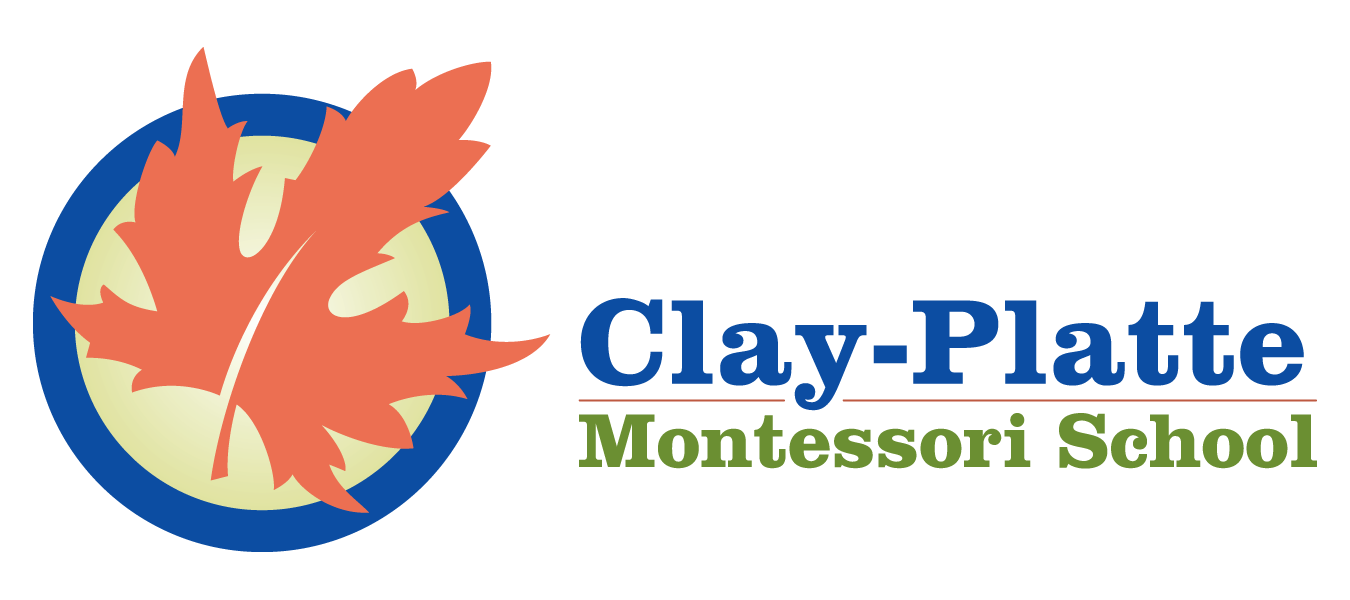The Fourth Plane of Development
Ages 18-24
For the first time, this year we are able to see our students begin their transitions into the fourth plane of development. Our two seniors, Kaitlyn and Jonathan, have been our best educators, noting needs of the society and responding with their focused studies (Odyssey Project) and career exploration. They know how to make our hearts stop—one second, it’s with pride; the next, fear. With every single step, the emergence of a new being is evident—one brimming with confidence in their ability to shape the world.
If the first plane’s quest for independence was physical, the second plane’s intellectual, and the third plane’s emotional, the fourth plane’s quest for independence is economic.
Early in the fourth plane, a renewed interest in the universe emerges, mirroring that of the second plane. This time, that interest is focused on their chosen career path. Kaitlyn is particularly concerned about LGBTQ rights. Her Odyssey Project (an all-encompassing project, including an internship or volunteer position) is focused on those rights. At this point, she is looking into a training and apprenticeship program with the International Brotherhood of Electrical Workers. She says this career focus will allow her to help some of her favorite organizations, by using new skills. She knows—unlike earlier in her adolescence—that those organizations need a variety of skill sets to stay functioning.
Physically, the fourth plane is a time when the body is as mature as it will get (for most). Intellectually, however, the fourth plane mirrors the second plane with a renewed craving for intellectual pursuits, often building on the physical and creative pursuits explored during adolescence. Part of Jonathan’s Odyssey Project focuses on the physics of pitching, a natural extension of his adolescent passion for baseball.
Socially, these emerging adults are so very necessary in society. They see the problems in the world and dedicate themselves and their careers to fixing those problems. When you think about the benefits of a college internship program, the energy the college students bring to an organization is often at the top of the list. As a teacher in public schools, student teachers were both refreshing with their energy and optimism and—if I’m honest—a little bit annoying with their “ivory tower” viewpoints of pretty tangible problems. In every instance, however, their idealism reconnected me with a part of my profession that I had lost touch with.
Montessori envisioned a system of education for young adults, focused on seminars, discourse, and intensive career-related study. This is a style of education available in many colleges and universities. Interestingly, Montessori believed universities should be intensely involved in first-, second- and third-plane education, allowing them to guide the preparation of the university students.
The young adult is the aspirational part of us. They are the ones who see potential. They are our more insightful selves, unbound by chains of reality. They see a reality that can be changed and an outcome different from one we can imagine. It is our duty to fuel this, not dilute it.
